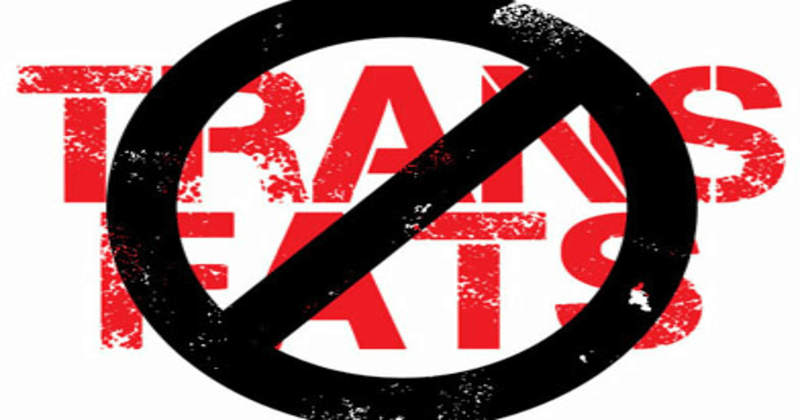
Globally its recognized that the use of trans fats, the industrially produced edible oil that gave birth to margarine, Crisco and other artery-clogging products have caused premature deaths across the world. Owing to the low price and long shelf life of Artificial Transfats, known to Americans as hydrogenated vegetable oil, it has been a craze in the developing countries which are ill-equipped to address the health threats posed by them. These artificial trans fats have contributed to a half million deaths a year, mainly in developing countries. Now the WHO has taken up the initiative to wipe out trans fats from the global food supplies by 2023, which will eventually help in saving some 10 million lives according to them. Instead of issuing an edict they are aiming to issue a set of guidelines.
See also : Mother shocked at seeing her 14 year old daughter’s I-Phone!
Vital Strategies, a global health group backed by Michael Bloomberg is a partner in this programme. Michael Bloomberg introduced America’s first municipal ban on transfat in
2006, when he was mayor of New York City. In the opinion of Dr.Thomas R. Frieden, the former New York City health commissioner, who had been a driving force behind transfat
ban in Newyork, WHO’s effort is a low-cost method for the developing countries to reduce mortality from cardio vascular diseases. Per year 17 million lives
are lost due to cardio vascular diseases world wide !
Denmark, Switzerland, Canada, Britain and the United States are the countries which have effectively implemented a restriction or ban on transfats.In India, Kerla
state has introduced the fat tax on products with transfats. But due to the vagueness in the guidelines and mistake in not setting a transfat level have made the idea just
another ‘label’ to get fines out of the shops.
While the global food companies provide food items with reduced transfat to rich countries, they have ignored Asia and Africa as usual. Researchers say that use of
reheated vanaspati has contributed to soaring rates of heart disease among South Asians. Vanaspati is the inexpensive cooking oil used in India widely and used
repeatedly by restaurants and street vendors. Nutrition journal recently published a study which said that Pakistani men had a 62% higher mortality rate than men in
England.
Though Indian Government tried to reduce the use of vanaspati, the efforts were hijacked by the food producers. According to Dr.Francesco Branca, Chief Nutritionist to WHO, this pressure can be overcome through public education and by encouraging governments to enact regulations that eliminate transfat produced by local food manufacturers.
WHO has enlisted some multi national companies that made a shift from transfat and are ready to share their technological know how with local producers.Dr.Branca says
,”It’s easy to switch to more healthy oils, and consumers will not be able to taste the difference”.
WHO’s this initiative is joined by Mondelez international, the American food gaint which produces Oreos, Cadbury chocolates and scores of other snack foods that previously contained transfats. The shift began in America in 2016, after FDA’s new rules requiring manufacturers to declare transfat content on package labels were announced. Even Crisco in America became trans fat-free by 2012.

Post Your Comments